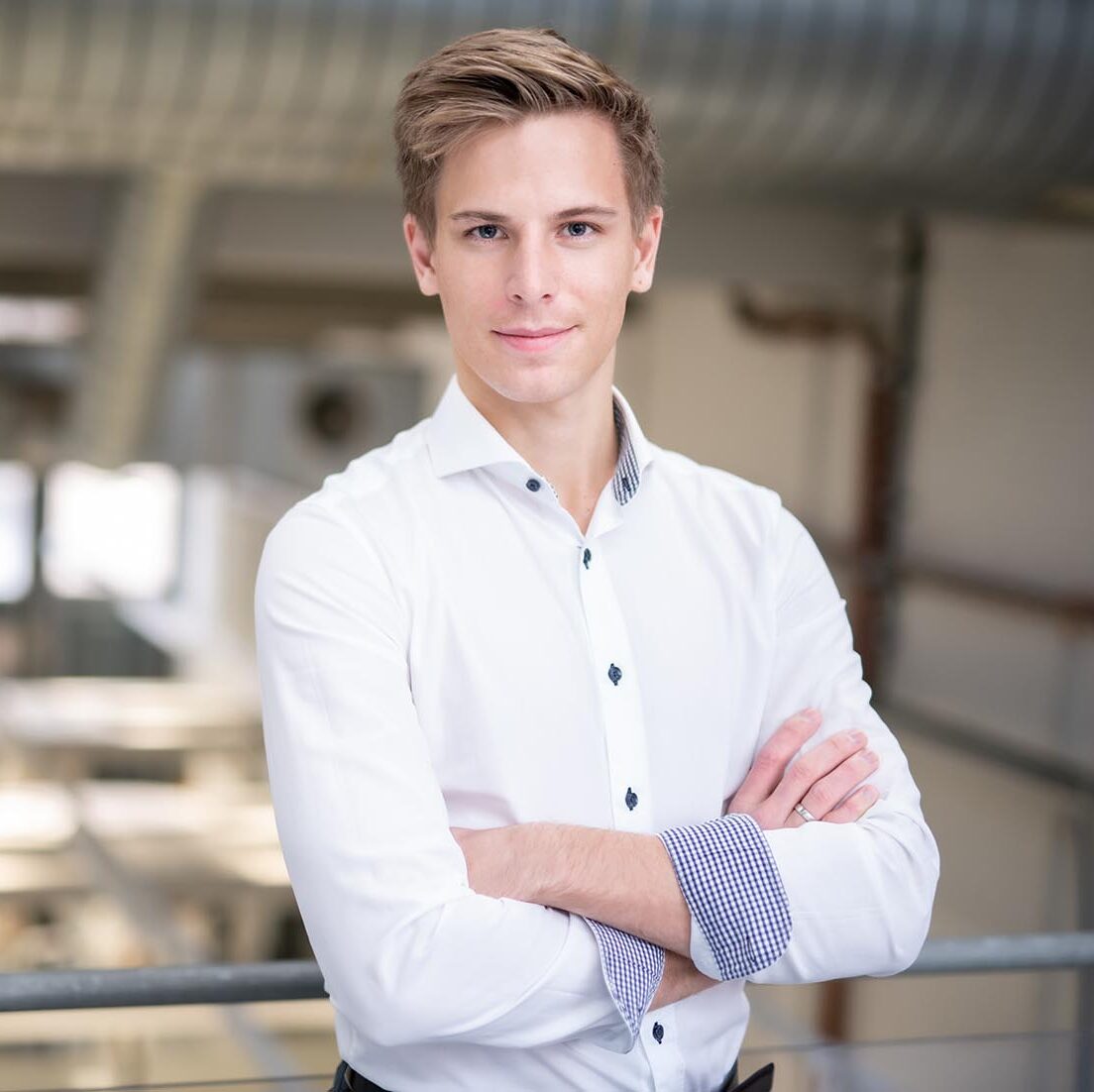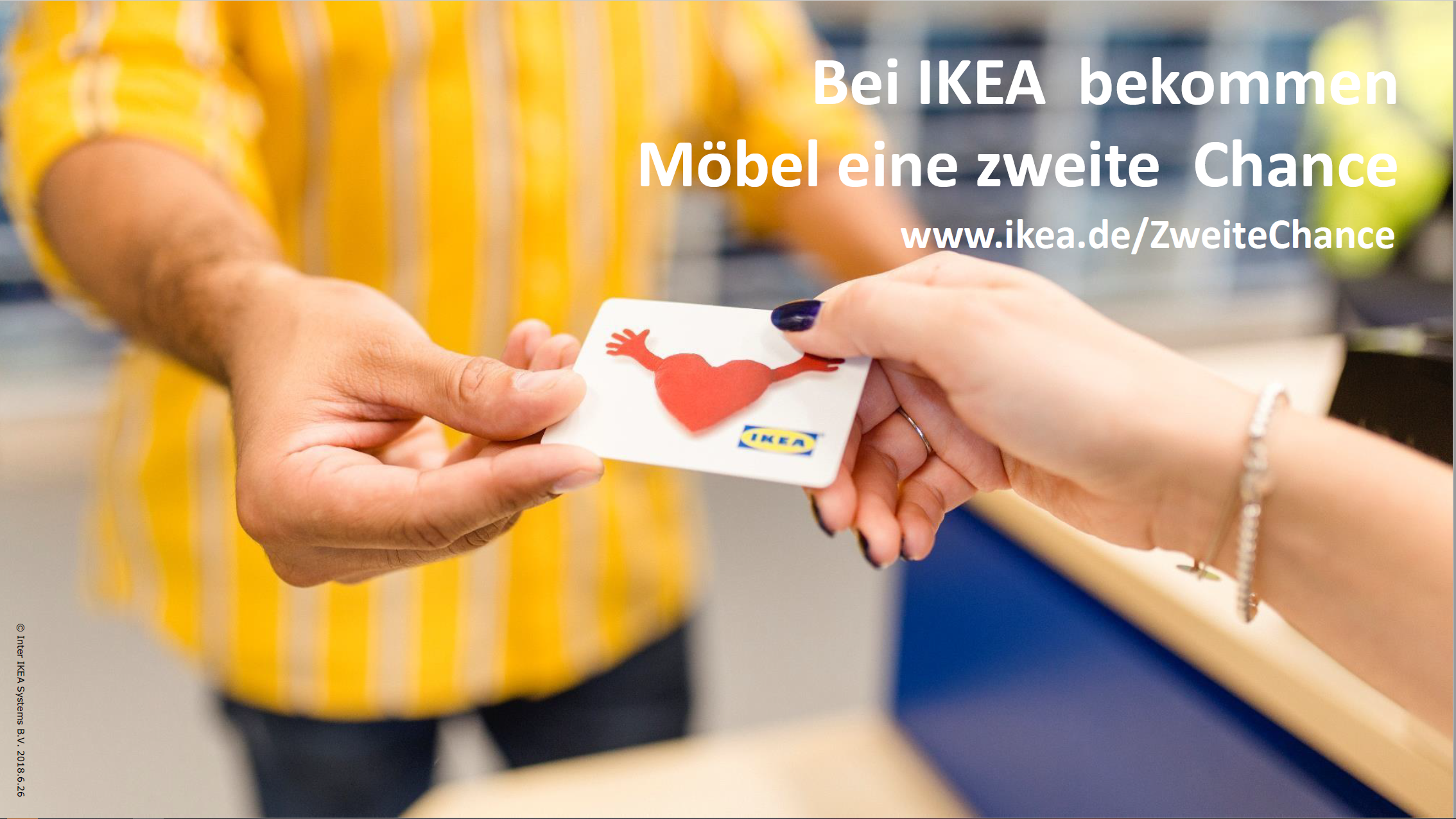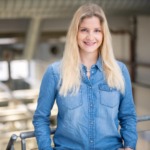Copyright 2025 © All rights Reserved. Design by Elementor

It was two weeks ago, when on 16.09. the second time entrepreneurs from Emscher-Lippe and beyond came together virtually to learn new things about circular business models and to talk to each other. This time, the impulse was given by Ms. Cornelia Obitz from IKEA Germany, who answered the interested and critical questions of the audience. The presentation focused on IKEA’s vision to become “People & Planet Positive” as a company by 2030.
“By 2030, we will be climate positive and use only renewable resources, while business continues to grow” already headlines one of the first slides. This is because IKEA is committed to the goal set out in the Paris Climate Agreement to limit global warming to 1.5 degrees.
For the resource-intensive company, the topic of the circular economy therefore plays a central role in three ways. This is because, on the one hand, raw material procurement accounts for a large part of the company’s carbon footprint, and on the other hand, the dwindling availability of cheap raw materials is increasingly presenting IKEA with greater challenges. Only if the availability of raw materials is ensured can products continue to be offered that as many people as possible can afford. In addition, the expectations of customers have changed, says Cornelia Obitz. It is no longer just the quality and price of the products that are decisive; customers are also demanding that IKEA take responsibility as a company and, for example, that IKEA take responsibility for the quality of its products. does not contribute to the waste of resources. After all, no one wants to have a guilty conscience about the products they buy.
That is why IKEA is working intensively on how to extend the use of products and materials and avoid waste. Another new aspect is the understanding of the company’s own products as CO² sinks and as raw material reservoirs of the future. This also explains why one of the strategic goals is to empower IKEA’s own customers to use, care for and pass on IKEA’s products in a circular way.

Very reflectively, Ms. Obitz classified the company’s ambitions. The company is well aware of the ambitious goals it has set for itself. To achieve these goals, the company is experimenting with different approaches to build circular and commercially viable business models.
IKEA’s main focus is on providing a comprehensive range of products for the care and repair of its own products, offering used products and encouraging customers to pass on products. In addition, the company is experimenting with “furniture as a service. To ensure that IKEA’s products are designed in a way that is compatible with the principles of a circular economy in the future, IKEA has developed its own guideline. The “Circular Product Design Guide” takes up various approaches to circular product design, such as design for repair, design for modularity or design for renewable or recycled materials, and provides orientation for designers based on the five dimensions of form, function, price, quality and sustainability.
In Germany, IKEA is experimenting with ways to give furniture a second or even third life. Under the name “Second Chance“, IKEA buys, for example. certain products back. These are then offered for sale again in so-called “circular hubs” (formerly known as “lost and found pits”). With campaigns such as #BuyBack Friday, IKEA is trying to raise awareness of the Circular Economy among its customers and to engage in conversation with them via the Circular Hubs. The aim of the dialog is to provide customers with the knowledge they have about repairing and refurbishing IKEA products, as well as about upcycling. In the long term, IKEA would like to further scale the volume of second-hand furniture sold, but this would first require creating the appropriate capacities. Where the journey can go shows for example. the first IKEA second-hand store located in the greater Stockholm area, offering only products that have been repaired and refurbished. So far, however, IKEA has limited itself to the top sellers.
Are you an entrepreneur:in and would like to learn more about the Circular Economy and its potential for your business? We cordially invite you to join us at the next meeting. We look forward to hearing from you!

Networking & Awareness
Tel.: +49 2366 1098 36

Networking & Awareness
Tel.: +49 2041 703760
Email: julia.boehm@bottrop.de